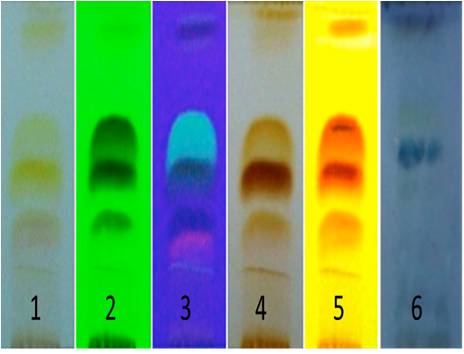Abstract
Breast cancer is the most frequently diagnosed cancers among women worldwide. However, due to limited chemotherapeutic efficacy of current anticancer drugs, various natural products have been screened for novel alternative chemotherapeutic agents. Marine environment offers vast diversity of living organisms that provide compounds with impressive structural diversity and drug-like properties. Therefore, the main aim of this study was to determine the cytotoxic effects and mechanisms of cell death exerted by marine sponges on human breast cancer cell line, MCF-7. Four species, namely Aaptos sp., Stryphuous ponderosus, Theonella sp. and Xestospongia sp, were selected for this study. Methanol extracts from three species produced potent cytotoxicity effects with IC50 values at 72hr of less than 30μg/ml in the order of Aaptos sp. > S. ponderosus > Theonella sp. Due to the lack of studies on S. ponderosus, extract from this species was then used to determine its mechanisms of cell death. MCF-7 cell death exerted by the extract was found to be mediated by apoptosis based on the presence of DNA fragmentation in treated cells. Treatment of cells with the extract increased the levels of of caspase 3 suggesting that the protein was responsible in triggering the DNA fragmentation. In addition, the extract also induced the levels of caspases 8 and 9 and the levels of caspase 8 was higher than the latter suggesting that extrinsic was the major pathway that involved in inducing apoptosis. The apoptotic-induced cytototoxicity activity of the methanol extract of S. ponderosus may be due to the presence alkaloid and terpenoid compounds, and thus, may have the potential to be developed further as candidates for chemotherapeutic drugs for the treatment of breast cancer.
Full text article
Generated from XML file
Authors
Tuti Hudayah, Gul-e-Saba, Mariam Taib, Noraznawati Ismail, & Tengku Sifzizul Tengku Muhammad. (2023). Methanol extracts of four selected marine sponges induce apoptosis in human breast cancer cell line, MCF-7. International Journal of Research in Pharmaceutical Sciences, 8(4), 667–675. Retrieved from https://ijrps.com/home/article/view/4636
Copyright (c) 2017 International Journal of Research in Pharmaceutical Sciences

This work is licensed under a Creative Commons Attribution-NonCommercial-NoDerivatives 4.0 International License.

